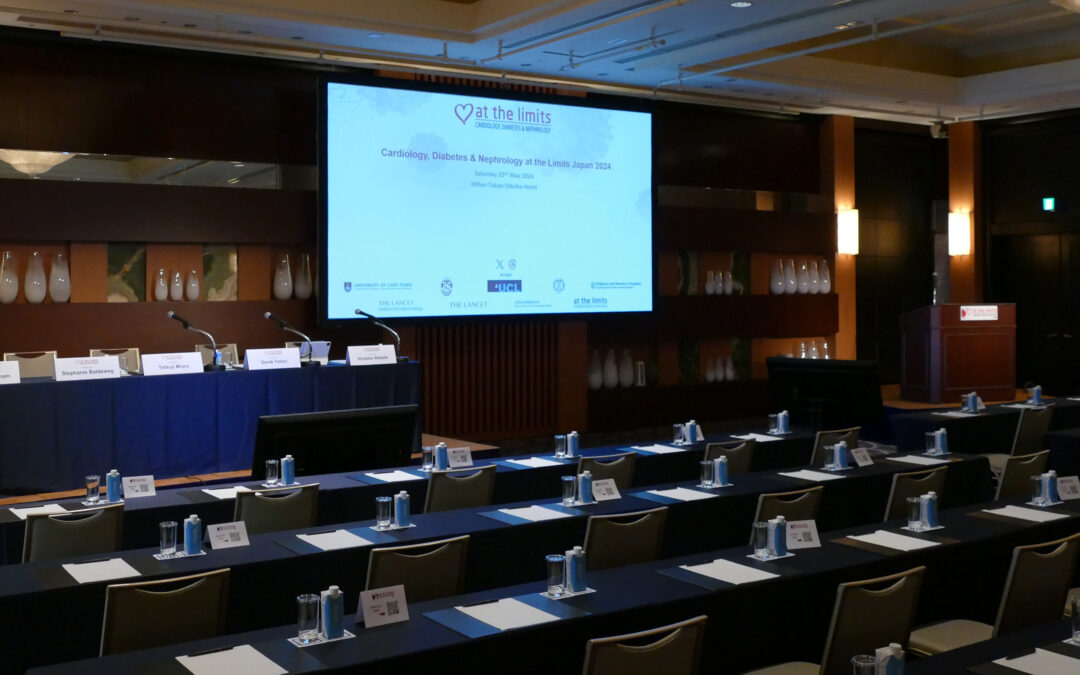I have seen the future
On May the 9th 1974 Bruce Springsteen, who was then 25 years old, played at the Harvard Square Theatre in Cambridge, Mass. Springsteen wasn’t a star and that night he and the E St. band opened the show for Bonnie Raitt. There was a music critic in the audience called Jon Landau who, overwhelmed by what he heard wrote “I saw my rock and roll past flash before my eyes. But I saw something else, I saw rock and roll’s future, and its name is Bruce Springsteen”. Those words have passed into rock n’ roll history as some of the most iconic ever written.
Medical education couldn’t be more different than Rock n’ Roll, but 10 years ago another journalist, Dr. Richard Horton, the Editor-in-Chief of The Lancet also wrote an editorial stating that he had seen the future but in a very way.
Horton was due to travel to a conference in Cape Town entitled Cardiology, Diabetes & Nephrology at the Limits and on the flight he read an article in JAMA by John Ioannidis of Stanford University who posed a question that many doctors at the time might have asked themselves privately but few raised in public and that was ‘Do medical conferences serve any purpose?’
The purpose of medical conferences
Ioannidis suggested that there was not one shred of evidence that medical meetings benefit health or healthcare, and worse he said, since most conferences are based upon questionable values, they are more likely to be harmful than helpful to patients. Travelling to dubious events by dubious means (the aeroplane) is a deadly activity responsible both burning thousands of tonnes of carbon, fostering climate change and destroying the planet (remember this was over 10 years ago, and what we now know if climate change makes this even more prescient).
Ioannidis also suggested that the abstracts presented were often disappointing pieces of overhyped research all destined for oblivion in grey literature, and that key opinion leaders commonly had biographies so scarred with conflicts of interests that the content of their lectures was of zero objective value.
In his editorial following the meeting Horton was able to address the criticisms by Ioannidis and demonstrate that’s some conferences are very different in structure and outcome.
Horton said the meeting in Cape Town was based on a principle which was the exchange of science and medicine between Africa and Europe, and with over 80% of deaths from heart disease and diabetes taking place in low income and middle-income countries, holding the meeting at a world class university in Africa was materially, as well as symbolically important.
The future arrives.
10 years later the At the Limits model of meeting has been rolled out in multiple disease areas and in multiple locations across the globe. The highest level of medical education is brought to clinicians in a closed academic environment where discussion and debate are prioritised over promotion and sales. Pharmaceutical companies attend with a small delegation of medical staff, to build the essential relationships that drive medicine forward, but not in a promotional or controlling way.
We think that Ioannidis might approve of the exchange of scientific excellence and 10 years later the future has arrived.


